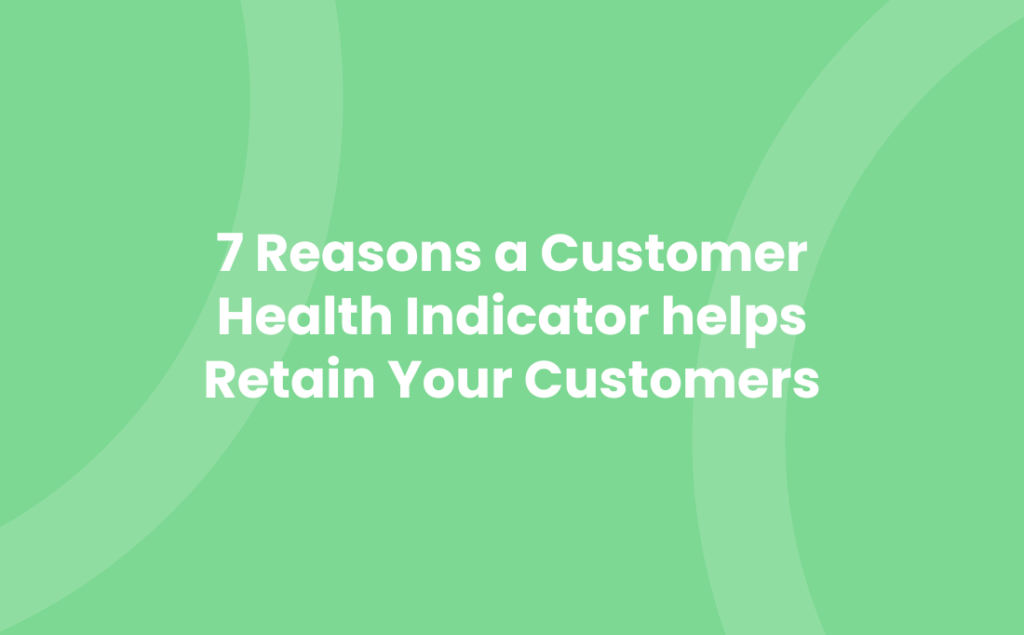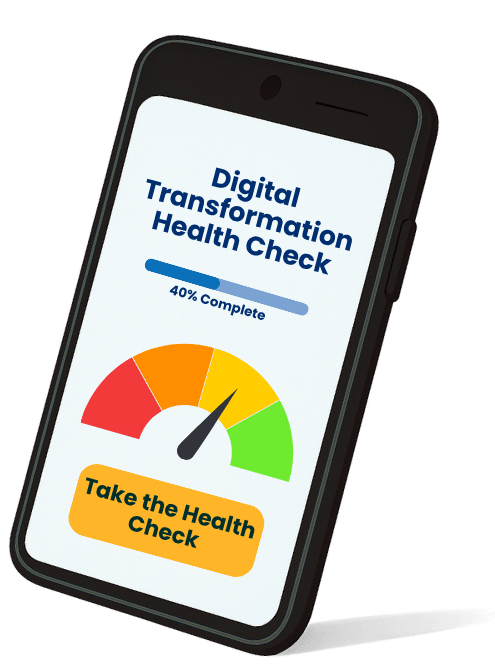Monitoring and maintaining the health of your customer base is crucial. The Customer Health Indicator is an indispensable tool for businesses aiming to excel in customer retention and satisfaction. Here are 7 reasons why your business needs a Customer Health Indicator:
1. Proactive Risk Management
One of the primary benefits of using a Customer Health Indicator is its ability to identify at-risk accounts before they churn. By monitoring key metrics such as last interaction day, ticket volume, and resolution time, businesses can spot warning signs early. This proactive approach allows businesses to address issues, offer timely solutions, and prevent customer loss.
2. Enhanced Customer Satisfaction
Understanding and responding to customer needs is vital for ensuring satisfaction. The Customer Health Indicator provides insights into the overall customer experience by tracking relevant metrics. Businesses can use this data to enhance service quality, resolve issues promptly, and build stronger relationships. Satisfied customers are more likely to remain loyal and become advocates for your brand.
3. Data-Driven Decision Making
Informed decision-making is critical in today’s competitive market. The Customer Health Indicator offers a data-driven approach to managing customer relationships. By analysing health indicators, businesses can make strategic decisions regarding resource allocation, support prioritisation, and service improvements. This ensures that efforts are focused on areas that will have the most significant impact on customer success.
4. Targeted Growth Opportunities
Not all customer accounts are created equal. The Customer Health Indicator helps businesses identify accounts with high growth potential. By recognising which customers are healthy and showing positive engagement, businesses can target these accounts with upsell opportunities, personalised offers, and additional services. This targeted approach maximises revenue potential and fosters long-term growth.
5. Efficient Resource Allocation
Managing resources efficiently is a challenge for many businesses. The Customer Health Indicator allows for the prioritisation of accounts based on their health status. By focusing resources on at-risk accounts and growth opportunities, businesses can optimise their efforts and improve overall efficiency. This ensures that time and effort are invested where they are needed most.
6. Improved Customer Insights
The Customer Health Indicator provides a comprehensive view of customer interactions and satisfaction levels. This holistic understanding enables businesses to tailor their strategies to meet specific customer needs. Detailed insights into customer behaviour and preferences allow for more personalised and effective communication, leading to better customer experiences and higher retention rates.
7. Strengthened Customer Relationships
Strong customer relationships are the cornerstone of business success. The Customer Health Indicator helps businesses nurture these relationships by providing actionable insights. By regularly monitoring and addressing customer health, businesses can demonstrate their commitment to customer success, fostering trust and loyalty.
Do you need a Customer Health Indicator?
Incorporating a Customer Health Indicator into your CRM strategy is essential for maintaining a competitive edge. By offering a proactive approach to risk management, enhancing customer satisfaction, and enabling data-driven decision-making, the Customer Health Indicator empowers businesses to build strong, lasting customer relationships. In a market where customer experience is paramount, leveraging this tool can make a significant difference in your business’s success and growth.



